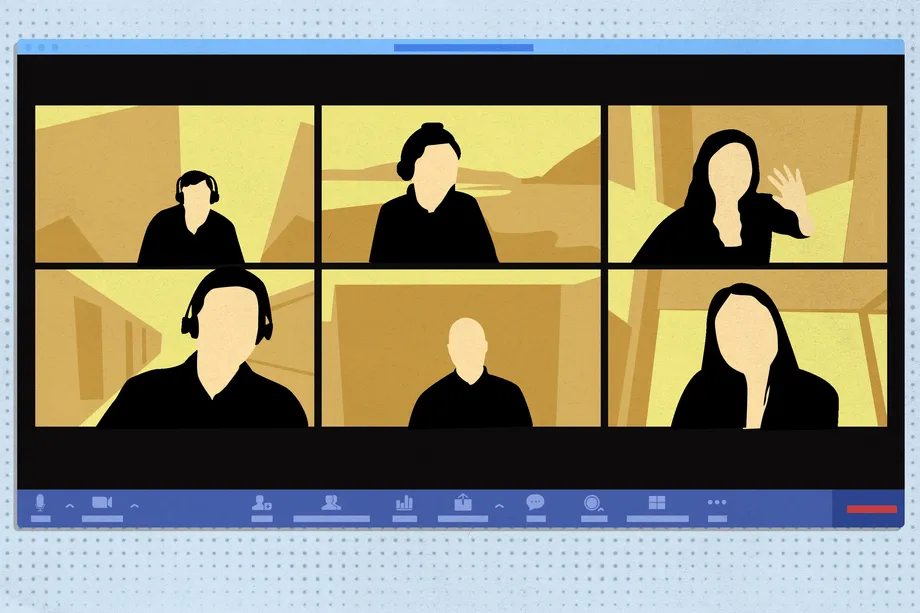Client conference calls — whether video or audio — are a fact of life. But there are several things I dislike and, in my opinion, reflect very poorly on the group leader.
Let’s start here:
1 — 60 minute calls. If the collective group cannot conduct all of its business within a 30 minute timeframe, it indicates the group leader lacks focus. Even worse: Open-ended and 90 minute (or more) calls. But this generally means I wouldn’t be working with this group in the first place.
2 — Tolerating late stragglers. If the call begins at the top of the hour, it begins at the top of the hour — promptly. Those who routinely drift in 5, 7 and 10 minutes late are disrespecting others’ time, is rude and unacceptable.
3 — Late agendas. Seeing a conference call agenda regularly disseminated just several minutes before a call is another sure sign of disorganization.
One of the projects I’m currently involved with requires me to run the calls because I’m managing several vendors in different time zones on behalf of the client. The client is on the calls and they should expect a tight agenda, punctuality and optimized use of precious time.
Indeed — time is the most important variable we deal with on any given business day.
Here’s how I run calls:
1 — 30 minute calls… MAX. My preamble at the top of the call is no more than two minutes and details the current situation and what we need to cover on call. This can frequently be achieved in 20-25 minutes. And there is always a Q and A at end of covered agenda to make sure there are no questions.
2 — 1 minute late grace time. If you’re not on the call one minute after the specified call time, don’t bother calling in. If there’s a problem, cannot make the call, or some other issue, please inform group beforehand.
3 — Agenda sent out 24 hour before call. This is self explanatory.
Other observations:
When Zoom became a “thing” I disliked the intrusion as I seldom where suits and frequently conduct calls after a run or exercise. But the more I did Zoom (or similar) calls the more I realized it forces participants to be more “present” in their comments and observations.
In my opinion, appearing on video in front of others (and the client) requires a bit more preparation and hence more thought. That’s a good thing — and all calls I run are via Zoom.
During crises and rapidly unfolding situations, the one weekly Zoom call will frequently be supplemented by 15 minute audio calls every other day or even daily depending upon the scenario.
Communicating via text and email can result in a lack of nuance and detail. Only a direct Q and A exchange with the group at end of any call can maximize understanding of details.

